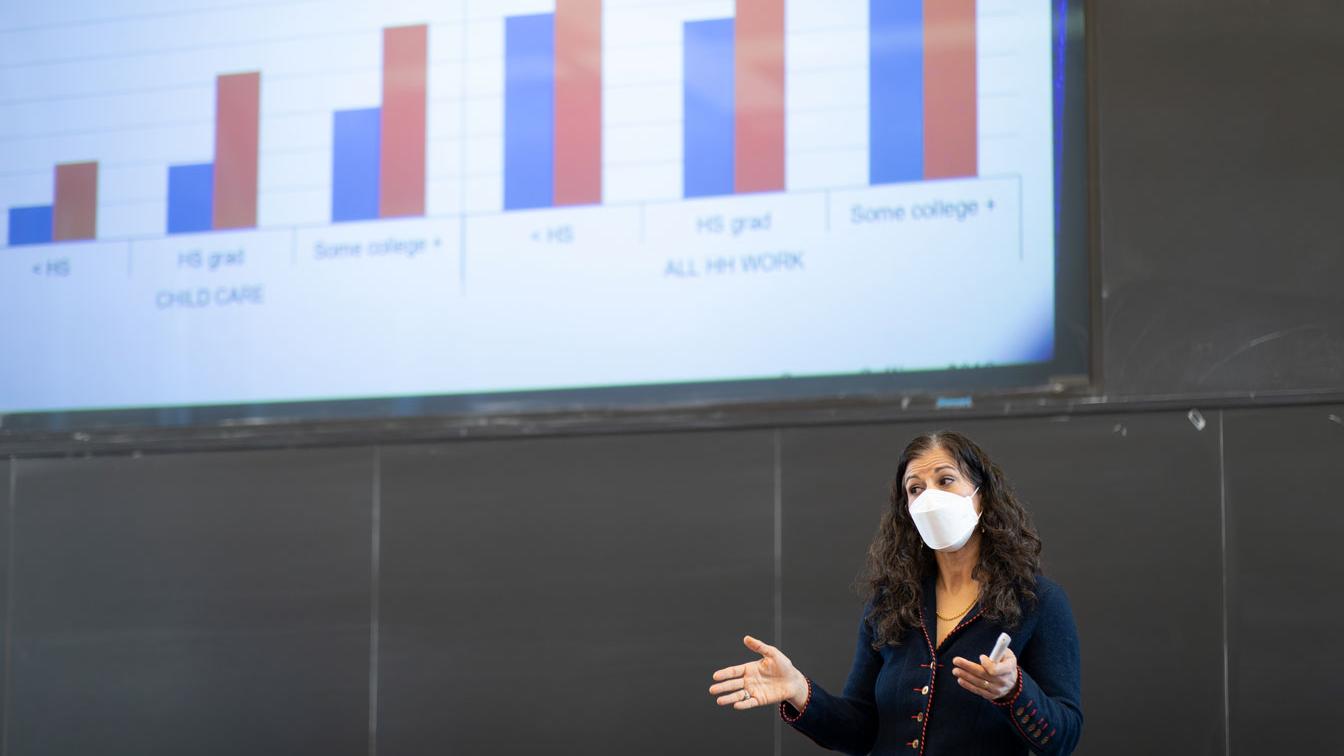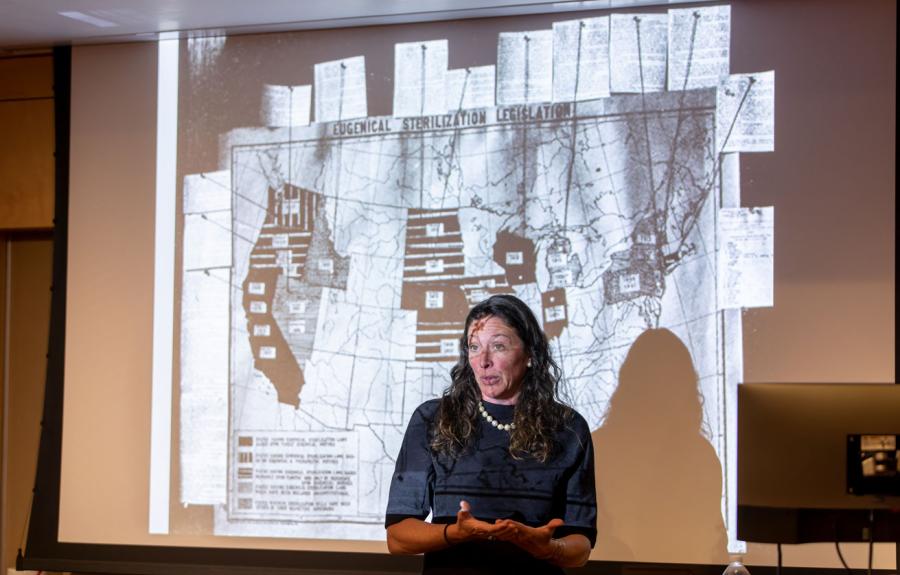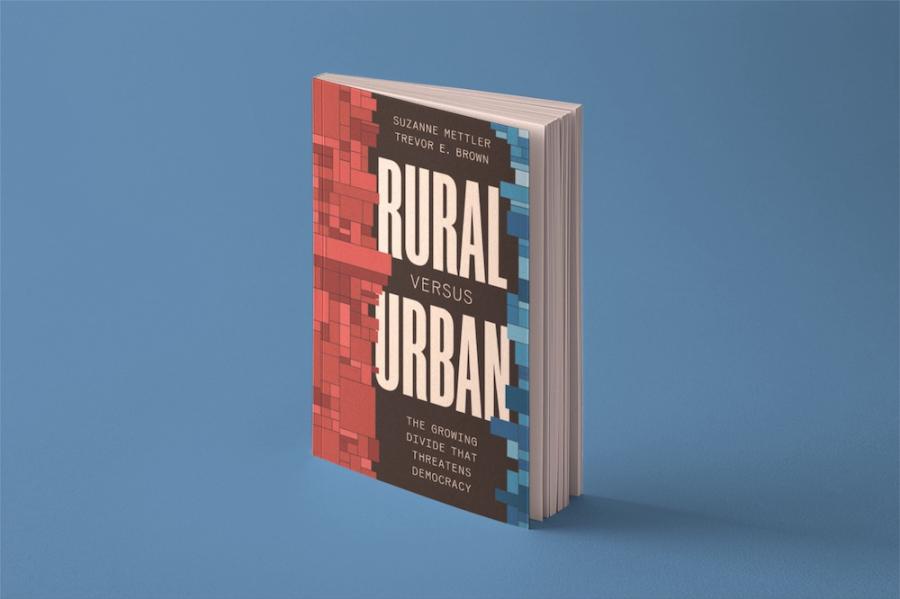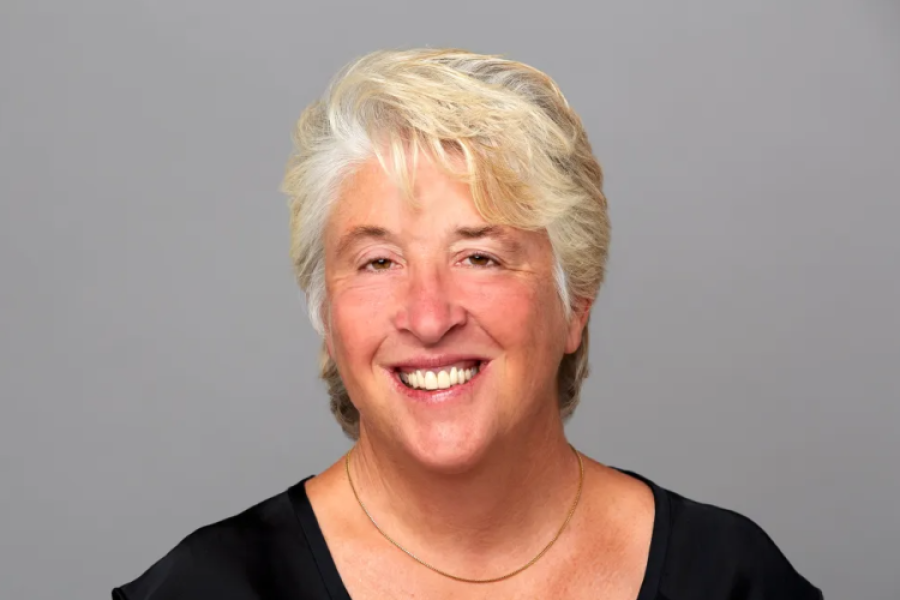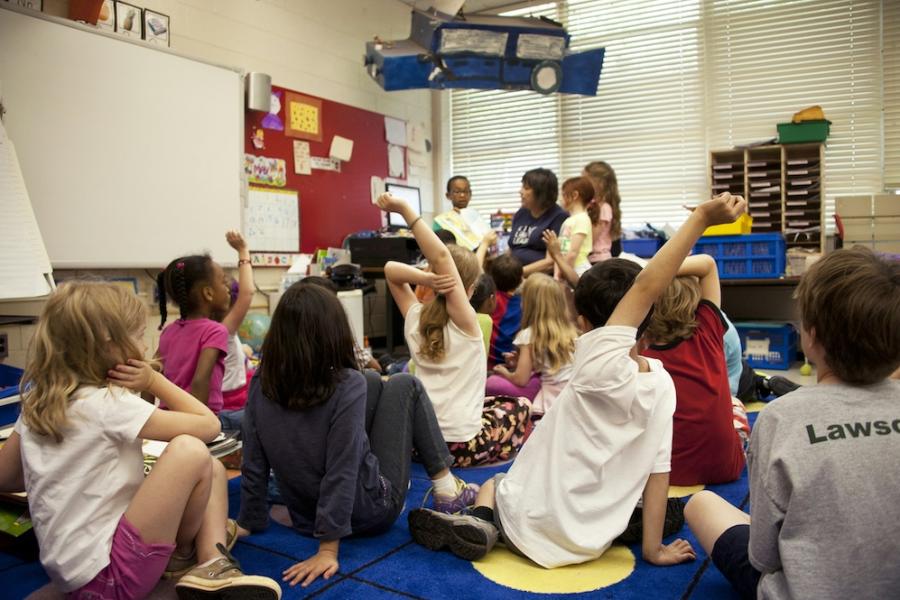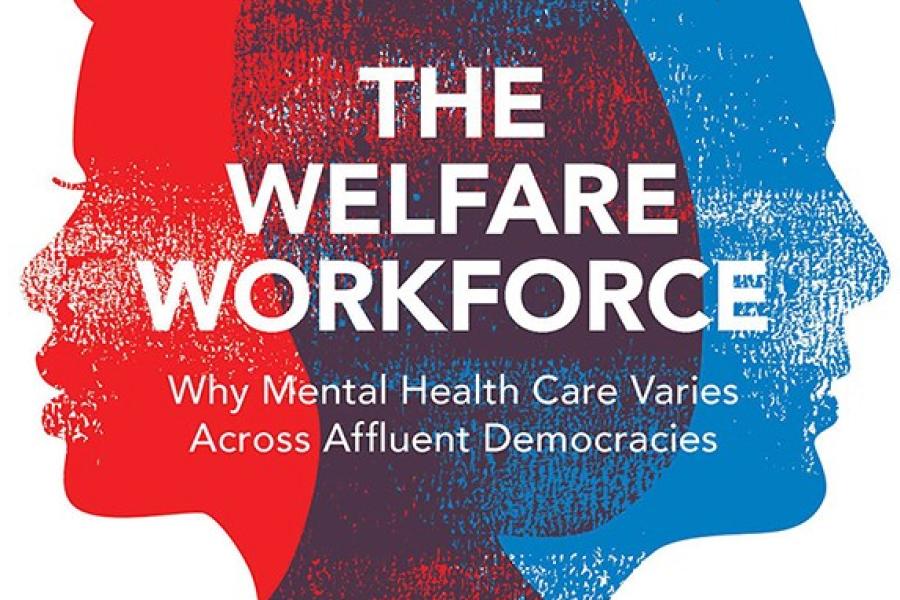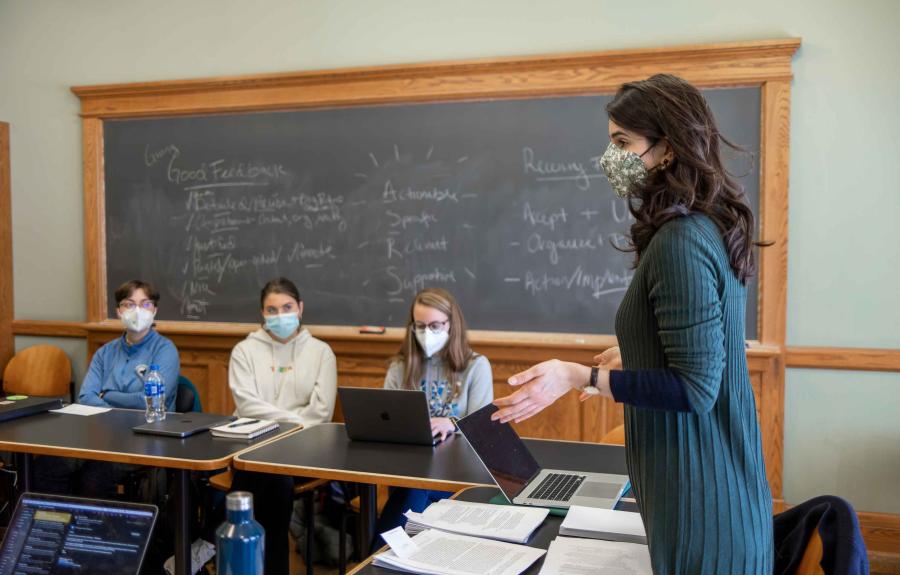CSI Events
Visiting and Colloquium Speakers
The Center for the Study of Inequality regularly sponsors and co-sponsors lectures and conferences that feature world-renowned scholars and that draw attention to the most pressing problems and controversies in the field. Unless otherwise noted, events are free and open to the public. Please feel free to contact us to inquire about support for your event. Current and forthcoming events can be viewed here.
Inequality Discussion Group
This biweekly discussion group brings together Cornell faculty and graduate students from around campus to discuss and improve their in-progress research.
Past Events
Review past events CSI has hosted or co-sponsored.


